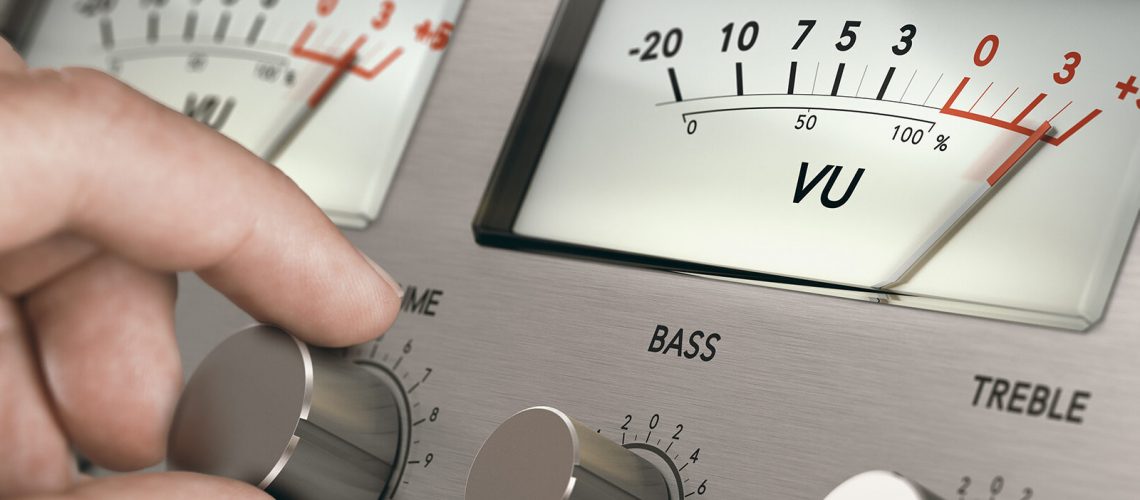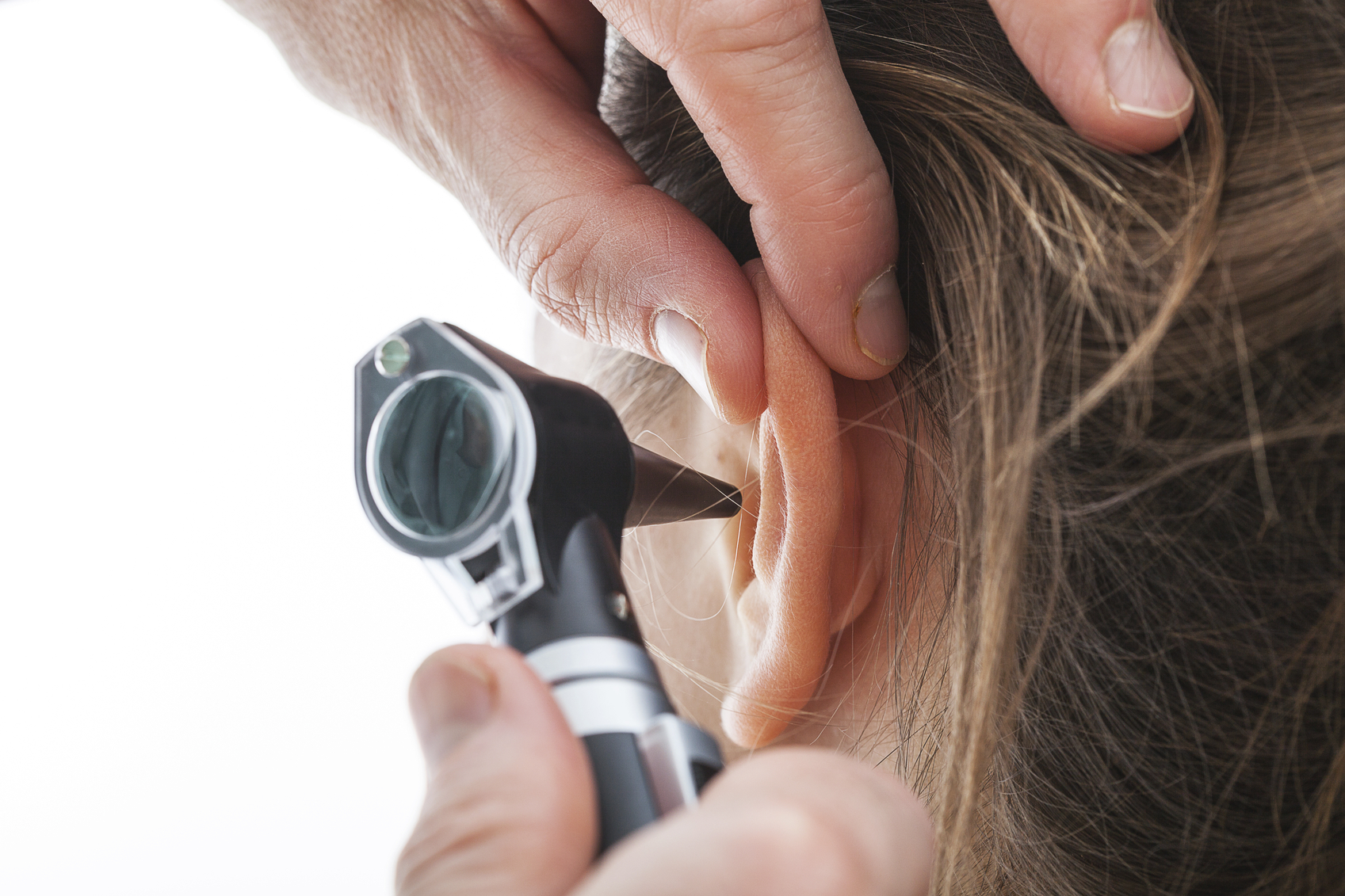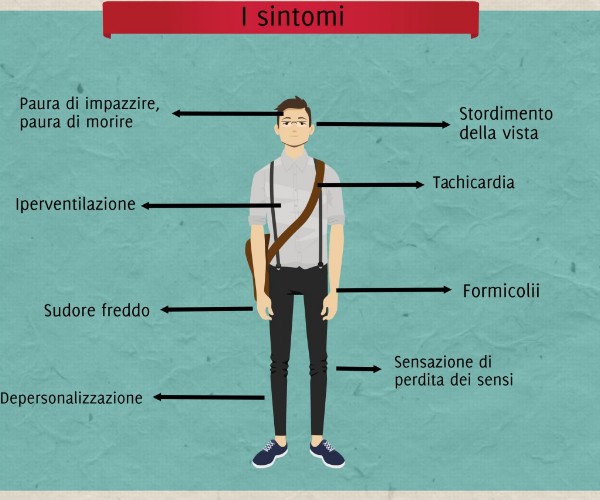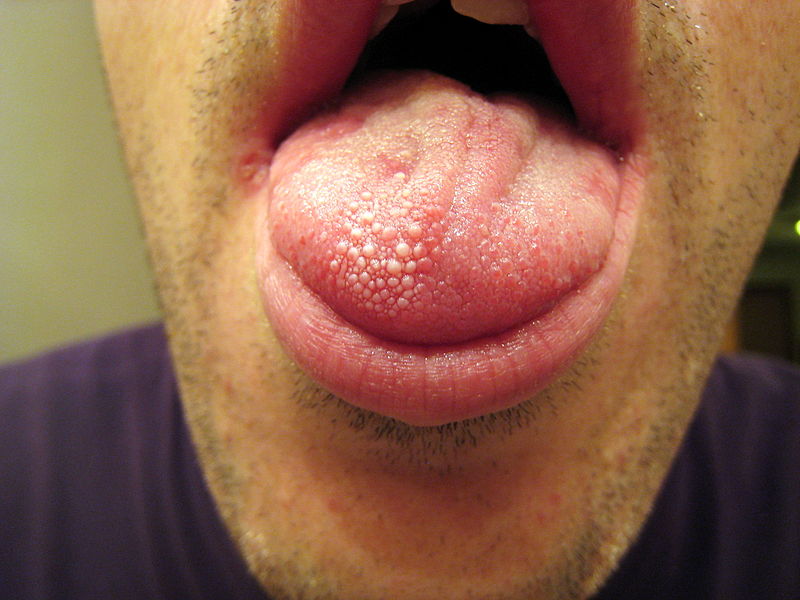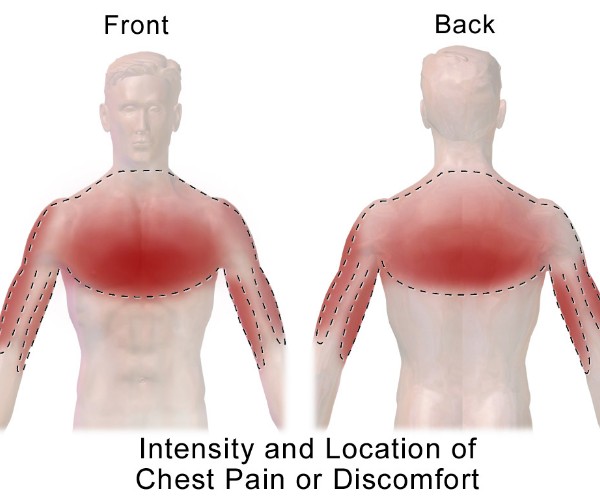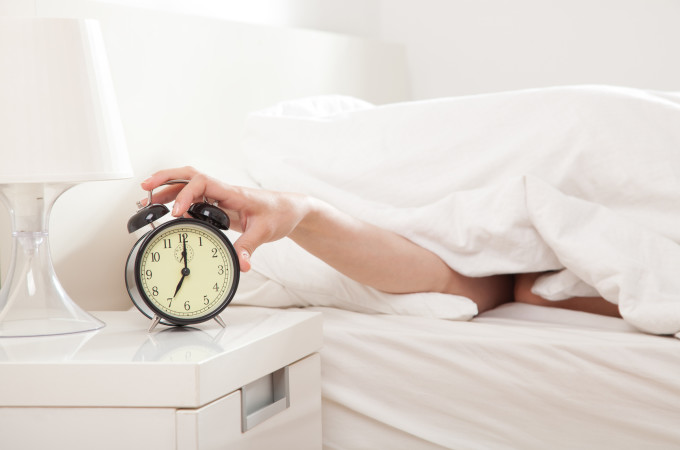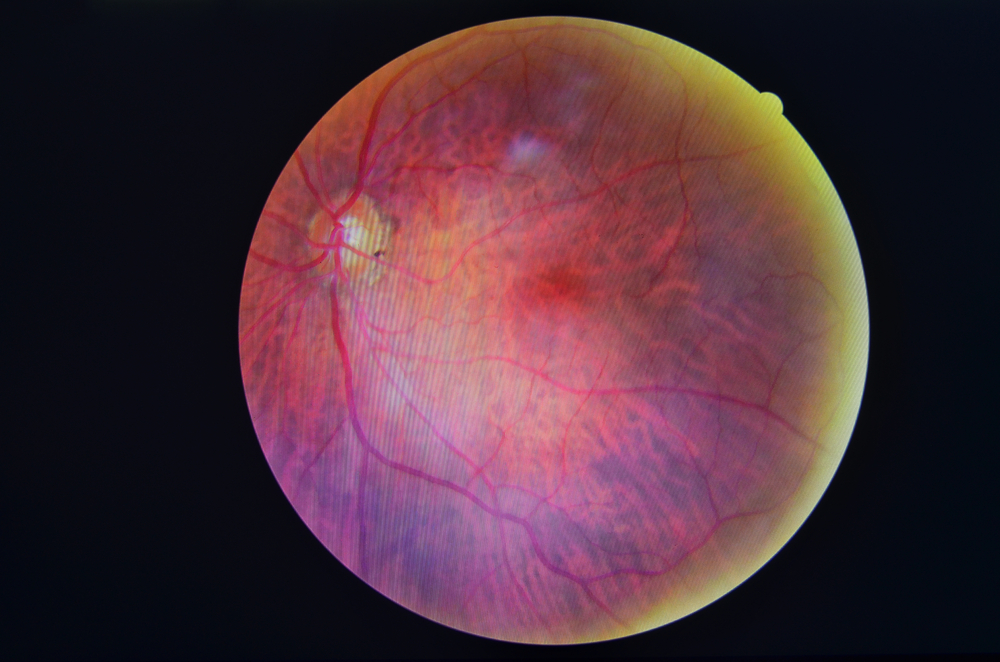Sound, both when produced by musical instruments and when produced by other sources such as automobiles, work tools or industrial equipment, is perceived by the human auditory system, but also by the brain, with different reactions by the human body.
Just as a certain kind of music may be pleasant and relaxing, another kind may be stressful or even unbearable.
We have a specific unit of measurement for l sound, the decibel (dB), by which we can classify all sounds, whether it is the whisper of the human voice that reaches about just over 30 decibels or the sound/noise of a motorcycle engine there about 60-70 decibels. Noises that exceed values of 70-80 and can exceed 100-120, not only after prolonged exposures but also immediately.
But what are the consequences of this decibel pollution for hearing health?
- The voices of the people around come as blanketed and often confused with surrounding sounds. An example for all is not understanding the words of our interlocutors in a noisy station or during a restaurant meal.
- Difficult to hear and understand voices through the telephone handset.
- A difficulty hearing and often noticing sharp sounds such as the morning alarm clock or the ringing of the home phone.
- The need to turn up the volume of the television more and more by failing to follow speeches or asking people to want to repeat what they have just said.
- Sometimes annoying buzzing or even sudden tinnitus.
So if you recognize any of these difficulties as your own then it means that you have a hearing loss and a potential problem for future hearing ability, which should be prevented by careful investigation with the ENT specialist.
An otoscopic and then audiometric examination of the ear will ascertain the level of damage and propose the best solutions.
Avoid holding onto the problem hoping for a spontaneous improvement in hearing since doing nothing will only result in a sure worsening.
If one has held jobs in which there remains continuous exposure to high-decibel noise (e.g., industrial machine operators) or sometimes if ear-toxic chemicals are present in addition to the harmful noise , if one holds jobs or has habits that expose one to listening to potentially harmful sounds (e.g., Disco Operators) in these cases one will need to work towards an immediate reorganization of one’s daily life, both work and habits.
Over time, excess noise, in addition to altering hearing and perceptual abilities, produces severe stress that can lead to additional health problems for the individual and an increased risk index for accidents or dangerous events, due to the fact that hearing loss can be associated with neurosensory consequences.
Good hearing enables the maintenance of social relationships and relationships, while deteriorating hearing and without medical treatment can lead to isolation of the sufferer and negatively affect the quality of life.





